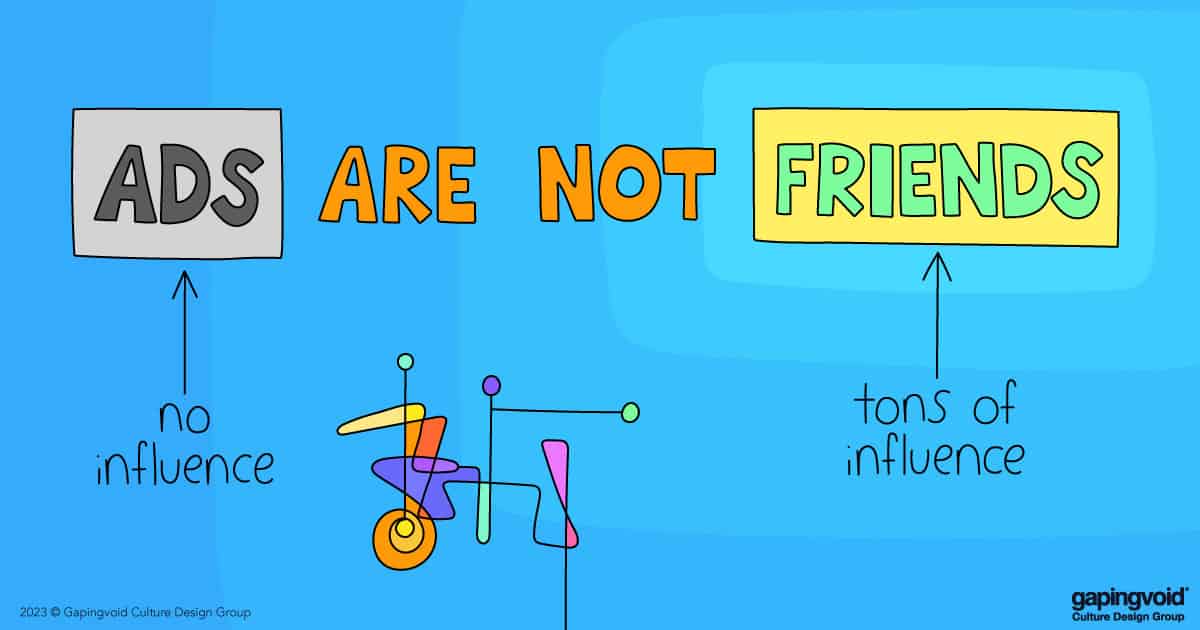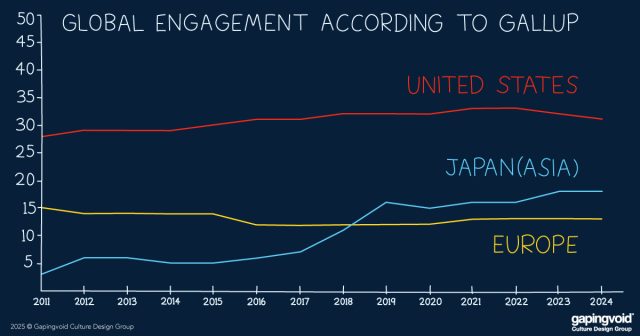
Understanding human nature is the key to a successful business. That hasn’t changed for centuries (and neither has human nature).
The burgeoning field of Behavioral Economics agrees. Its basic premise? Economic decisions are not purely rational. Psychology and economics are meaningfully intertwined, like the strands of a double helix.
And as Scott Galloway argues in The Four, Facebook, Google, Apple, and Amazon all appeal to deep layers of human nature. Facebook appeals to our need for connection. Google’s pseudo-omniscience appeals to our yearning for God-like intelligence. Apple products signal status (and tribal creatures like us love signaling status). And Amazon – that’s paradise for our inner hunter-gatherer.
Temu, the innovative Chinese fashion eCommerce app that’s been #1 in the U.S. app store for days, is just the latest example of human nature making or breaking a business. Making it, in this case.
With the Temu app, all purchasing is done as a group. You can’t buy unless you can get others to join in too. Convince your friends to buy the same clothing item, and you all win by getting it at a discount.
It’s a simple system and a clever little growth hack. And it works. But why?
A traditional economic model that treats humans as perfectly rational agents would credit the discount and the discount only for its success.
But as Dostoyevsky famously said, “men are not piano keys.”
Yes, there is an economic incentive to convince your friends to buy the purple sweater so you can get it $5 cheaper. But that’s just the tip of the iceberg.
In the process of trying to convince your friends to buy the purple sweater, you also end up further convincing yourself to buy it. If other people want it, it further justifies the object’s value. That’s important, considering how much money eCommerce sites lose due to cart abandonment.
Your interest in the sweater also activates social proof in your friends. Further, if two of the three agree to buy it, the third friend gets hit with a wave of peer pressure and FOMO. Along the way, the whole group turns into a team on a mission to achieve consensus and save money. And if everyone buys the sweater and ends up happy with their purchase, the original customer earns social credit in their tribe, a deep motivator for spreading ideas, according to Jonah Berger, author of Contagious.
A successful business depends on influencing human action. And the only way to do so is by understanding human nature and what motivates us. The foundation of a high-performing business (and culture) has never changed. It never will.



